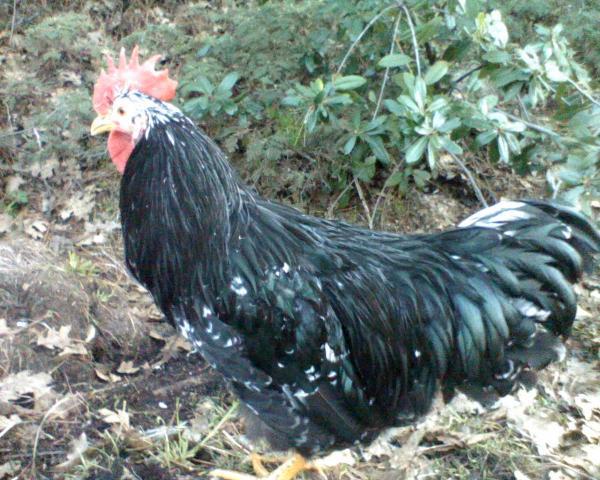This morning we processed the last of our Mottled roo's. We have had them for about 3 years now and our stock came from 3 different sources none of them hacthery stock. Overall we found them to be very flighty, poor layers, small eggs, very slow to mature and grow out. On the other side they were good foragers and would make a good "barnyard" type chicken.
For anybody else that has them what is your opinion?
Steve
For anybody else that has them what is your opinion?
Steve




